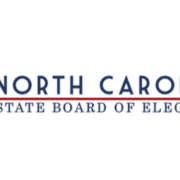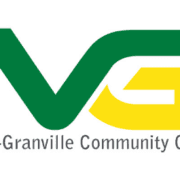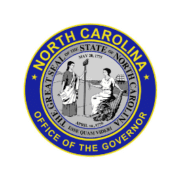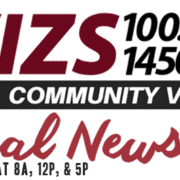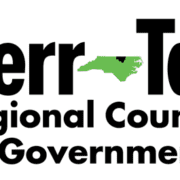Double Voting is a Violation of NC Law, Class I Felony
100.1 FM ~ 1450 AM ~ WIZS, Your Community Voice ~ Click to LISTEN LOCAL
The following is a message to North Carolina voters from Karen Brinson Bell, executive director of the North Carolina State Board of Elections:
It is illegal to vote twice in an election. N.C.G.S. § 163-275(7) makes it a Class I felony for a voter, “with intent to commit a fraud to register or vote at more than one precinct or more than one time…in the same primary or election.” Attempting to vote twice in an election or soliciting someone to do so also is a violation of North Carolina law.
There are numerous checks in place in North Carolina that prevent people from double voting. Electronic pollbooks with information about who has already voted are used at every early voting site. If a voter tries to check in who has already voted, they will be prevented from voting a regular ballot. A voter will be offered a provisional ballot if they insist on voting, and this ballot will be researched after Election Day to determine whether it should be counted.
On Election Day, voters who have voted absentee are removed from the pollbook, which is updated before voting starts at 6:30 a.m. Absentee ballots that are received on Election Day are not counted until after the election, and this prevents double voting.
Also, the State Board conducts audits after each election that check voter history against ballots cast and would detect if someone tries to vote more than once in an election. Because absentee ballots and early voting ballots are retrievable, if someone tries to get around the system, their ballot can be retrieved and not counted, so it will not affect the outcome of an election.
The State Board has a dedicated investigations team that investigates allegations of double voting, which are referred to prosecutors when warranted.
If you request an absentee by-mail ballot but decide later that you would like to vote in person instead, you may. You should discard your absentee ballot. Do not send it back in.
If you have already placed your ballot in the mail but are not sure whether it has been accepted by your county board of elections, North Carolina offers a few ways to check the status of your absentee by-mail ballot without leaving your home.
Voters can:
- Check your voter record at the State Board’s Voter Search Tool to find out whether your ballot was accepted by your county board of elections. This information will appear in the voter record after a ballot has been accepted.
- Sign up for BallotTrax, when it launches in the next few days, to track your ballot through the system. BallotTrax is a new service that will allow voters to track their ballot through the mail and confirm receipt by the county board of elections, much like they can track their online order or pizza delivery. When it launches, a link will be available at NCSBE.gov.
- Contact your county board of elections if you have questions about ballot status.
The State Board office strongly discourages people from showing up at the polls on Election Day to check whether their absentee ballot was counted. That is not necessary, and it would lead to longer lines and the possibility of spreading COVID-19.
North Carolina elections officials encourage voters to request their ballot as soon as possible and return it as soon as they are ready to do so. By doing so, you can track your ballot and ensure your vote counts.

